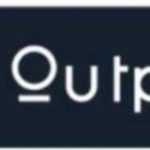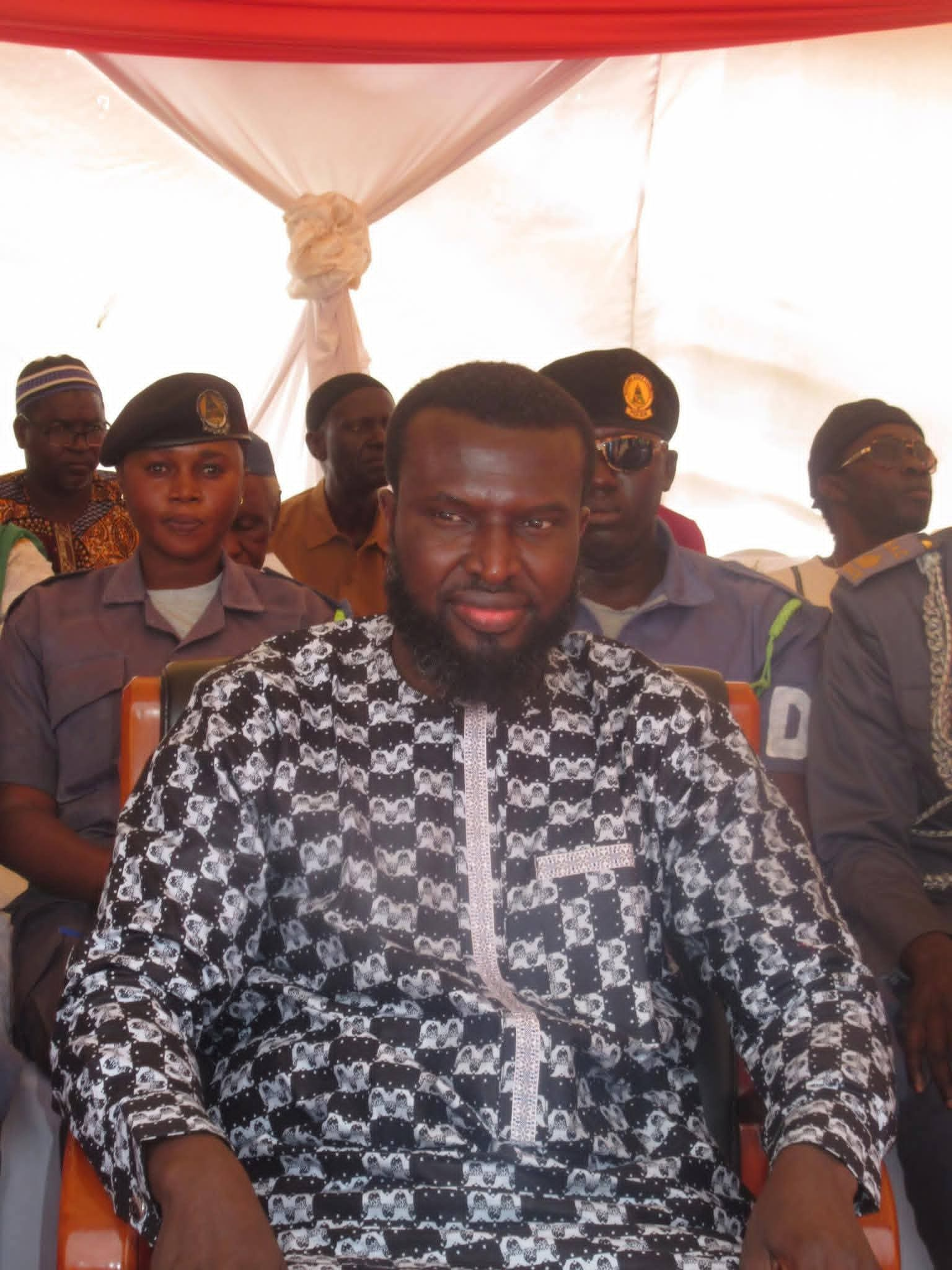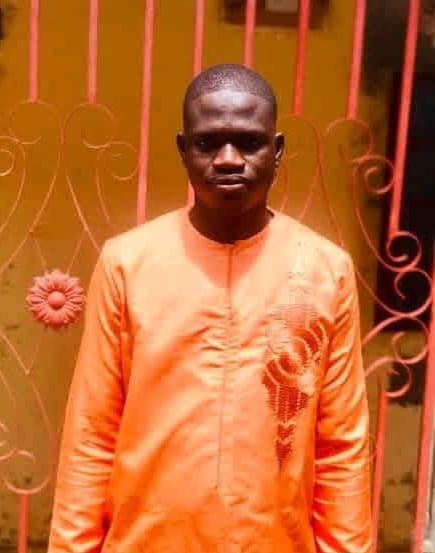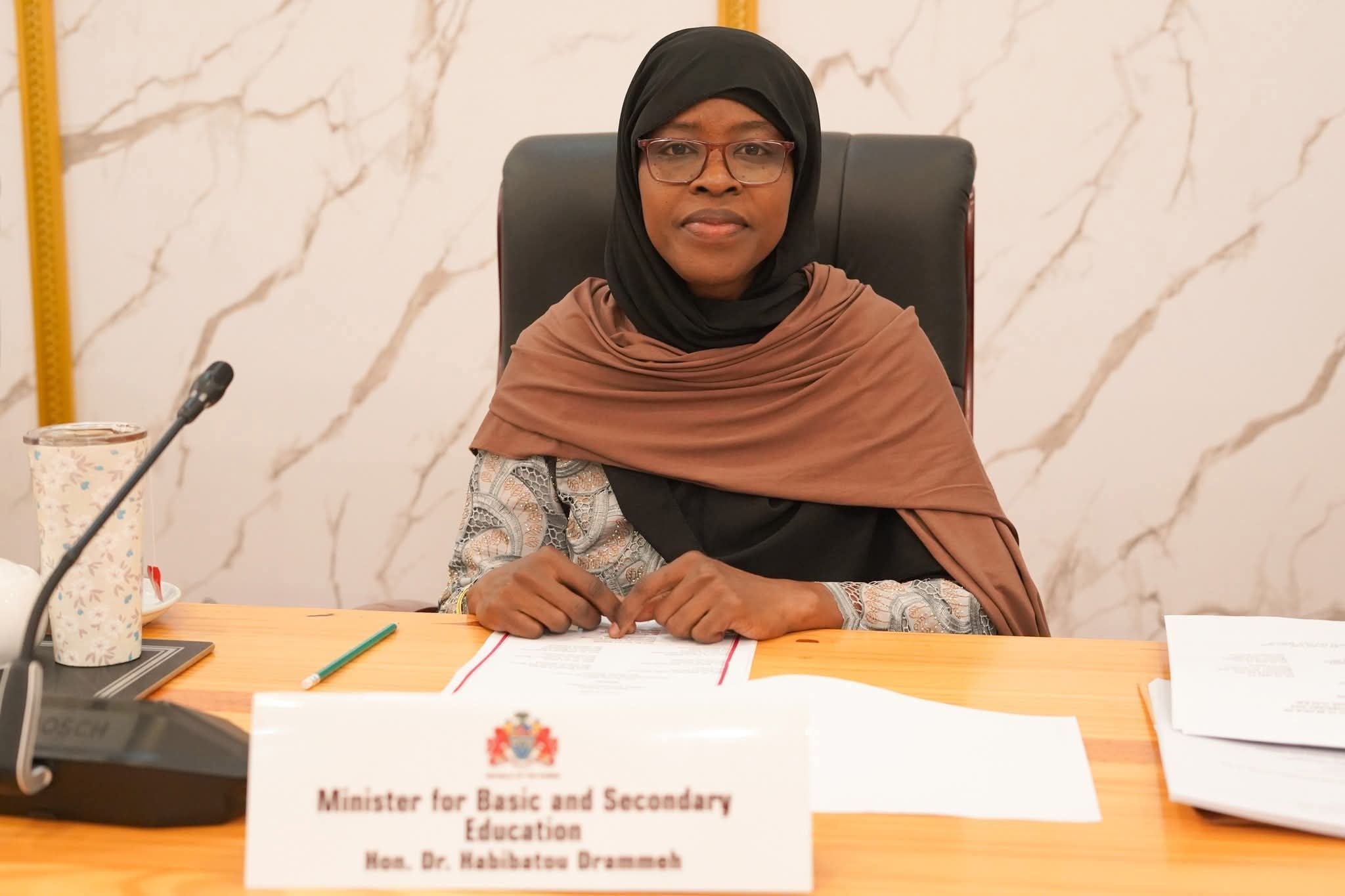By Amadou Manjang
This time tomorrow I will leave the
newsroom for good. The testimony of the
moment is the stories of the society which
pressure is felt by all [I’m not speaking of
the wealthy]. As a reporter, I am always in
the service of nursing my agony when
telling people what is wrong when they
already knew what is wrong in a country
where everything seems wrong. Our job is
terrible one and I think we often need some
therapy sessions to muse our sanity since
we are daily bombarded by the bleeding
wounds of the society: pain, hunger, poverty, death, and crime of the ordinary
people. We have double dose of these
things. Firstly, we have our own dose of it
as individuals living with it. Secondly, we
have the dose as individual who daily
collected these stories from the people. This surplus pain will eke our mental
health out before we knew what is
happening. And there isn’t any support to
avert it as I write. We listen to people’s stories of
sickness and unpaid medical bills, hunger
and poverty, pains and suffering of being a
Gambian. And then some of the people
turn to us for help when we are living in
the same shit with them; pain, hunger, poverty, death, and crime. We have the
same stories which get intertwined and lost, in some way, as we tell their stories. But
we always find ways to nurse and dress our
emotions and pains in their stories. Any
story we tell is a make up of a thousand
pieces of broken lives of a thousand
Gambians. These stories are surplus pains;
pains of thousand stories plus ours. As we
interview people, sometimes in our mind
it’s only the replay of our own stories lost
somewhere in the amnesia of our ethic that
try to separated us from the stories but fail
because it is only gods and madmen who
live outside the society. So every story we
tell contain a pieces of own story. Here, I
think I can appoint myself as spokesperson
for many young journalist to say that the
miserable, the poverty and the suffering we
tell or write contain pieces of our own
stories.I have such discussions with my
fellow young journalists. We compliant
about poverty, and suffering in this country. We like any other human being feel
our own pains and the pains of others. We grief over death, crime and
sickness our beloved ones. We went to
the same markets and hospitals. We are
feeling the same shit in these places. But we don’t tell our stories quiet
often.We sometime act as if we not at
the receiving end of the distributed
pain. Knowing this truth and not
adopting to it changes my views. I
believe this is why I always take a
position on the stories. I am not an
objective reporter. There is no
neutrality in here, at least from my side. At this point, I think of Ngugi’s
remarks that that all writers have to
pick side knowing or unknowingly. We
are all writers in politics from novelists
to journalists. We all dig in the same
mine field of human poverty, misery, emotions and happiness which we
present to our audience either through
the lens of the have or the have not. Since I am part of the former, I have
stayed on the default side of my status. My editor gives me a reason to justify
my subjective journalism when told
me that they more interested in social
advocacy journalism which I interpret
as ‘always be on the side of the
ordinary people’ whose stories are
your stories too. This time tomorrow, I won’t be in
the newsroom which is hot like an
oven with broken tile floods, and
stinging backyard thinking about that
hungry child at the edge of town, the
sicks who couldn’t get drugs from the
hospitals, poor displaced vendors, or
the kush victims among all category of
people in pain, poverty and misery. Ah, this time tomorrow, I won’t be
gossiping their stories to hundreds of
ears that are facing more or less similar
stories in theirs lives. Ah, this time
tomorrow, I won’t be collecting others
poverty and narrating them rather I will
be living with them in the same
poverty, pains and suffering, telling
our stories as my poetic friend would
say ‘Go Tell Fate My Take’.
About the Author
The author is a young journalist, and a political science student at UTG
Publisher’s Note
Views expressed herein are those of the author and do not necessarily represent the views of the publisher. Want to be a contributing author? Please email opmail220@gmail.com






